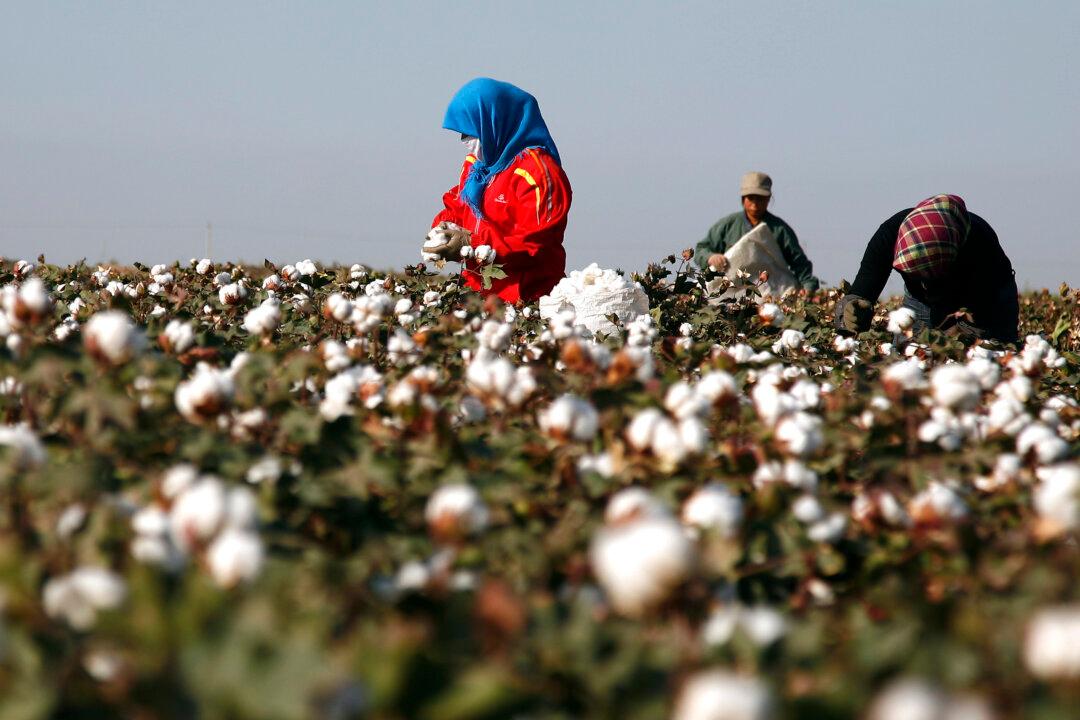Australian clothing retailer Cotton On Group on Dec. 24 said it is investigating a Chinese supplier after British supermarket operator Tesco PLC suspended ties with the same supplier due to fears of the use of forced prison labor.
Tesco launched an investigation into ties with Zhejiang Yunguang Printing after media reports of a customer finding a message inside a Christmas card produced by Zhejiang and bought from one of Tesco’s stores saying the product had been packed by foreign prisoners.
“On becoming aware of the issue the Cotton On Group has launched an investigation into the supplier,” said Greer McCracken, communications general manager at Cotton On.
Cotton On said it takes a zero-tolerance approach to any form of modern slavery, including forced labor.
Tesco said the Christmas cards were produced at a Zhejiang Yunguang Printing factory, about 100 km (60 miles) from Shanghai Qingpu prison.
Zhejiang Yunguang Printing did not respond to a Reuters request for comment. China’s foreign ministry on Monday dismissed accusations of forced labor at the Shanghai prison.
ABC News on Monday reported that Zhejiang Yunguang Printing also lists U.S. firms Walt Disney Co. and Big Lots Inc. among its international partners.
Neither Disney nor Big Lots responded to Reuters requests for comment outside of regular business hours.
In October, Cotton On and Target Australia have reportedly stopped sourcing cotton from China’s Xinjiang after an investigation by an Australian TV program reported that Uyghur Muslims were being forced to work in a number of textile factories in the region.





